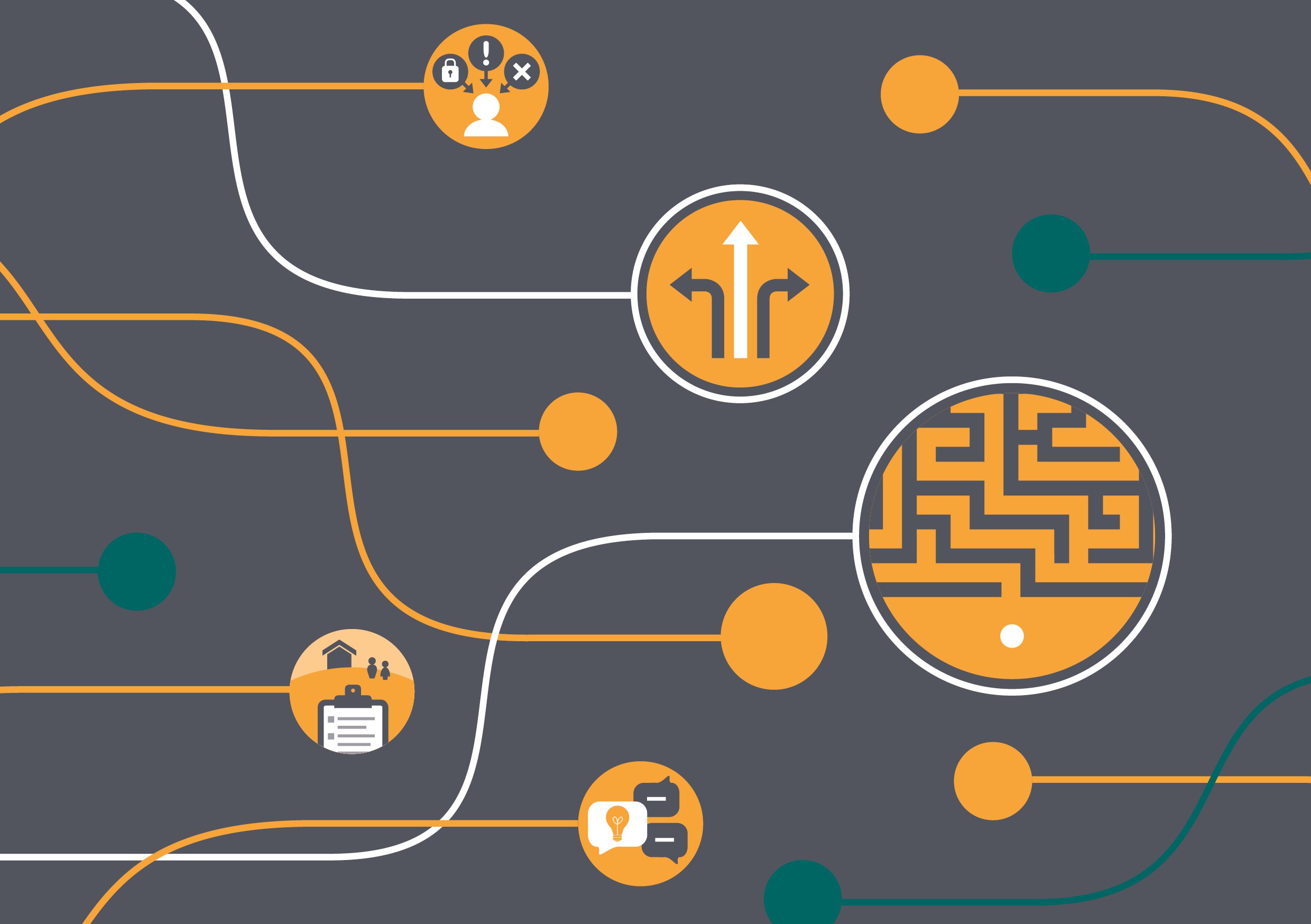To tackle today’s big global challenges, we need to move beyond the classic aid assumption: that if only we provide enough money and technical knowledge, these problems will be solved. We need to engage with the underlying social, political and economic systems, and the incentives and behaviours of the actors within them. Doing this is not easy. It requires a focus on testing, learning and adapting, working with local reformers to define, debate and refine problems and their solutions, and being politically smart about how donors work in diverse contexts.
The UK’s Department for International Development (DFID) has begun to take some of these challenges seriously, focusing on how its own processes and systems need to adapt. This report reflects the experience of staff from the Overseas Development Institute (ODI) in supporting these efforts within DFID throughout 2016. It is particularly timely: commitments to do development differently have particular relevance as DFID is coming under considerable political and media scrutiny and scepticism.
We found that DFID’s portfolio of programmes increasingly exhibit some ‘doing development differently’ features, across sectoral work on governance, private sector development, basic service delivery, conflict and gender. There is a growing emphasis on being ‘problem driven’ – setting aside standard formulas and templates and focusing instead on specific constraints to development that need to be unlocked to enable progress. Less encouragingly, DFID programmes have found it harder to commit upfront to experimentation and ‘learning by doing’ as a core method of work.
We therefore recommend DFID takes action in the following areas:
- build leadership vision and a supportive management culture;
- make adaptation more strategic;
- move towards more ‘adaptation by design’;
- streamline approval and procurement to manage uncertainty; and
- find new ways to support locally led problem solving.



